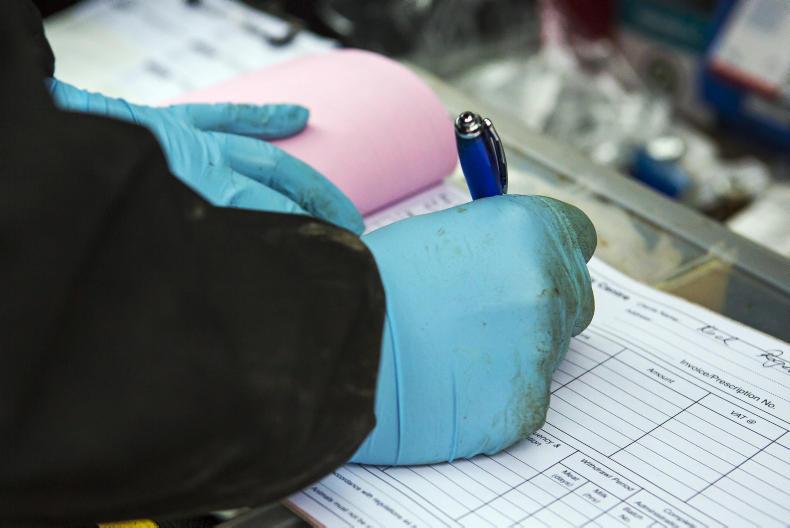The Department of Agriculture is to develop a national database to monitor the level of antibiotic use in food-producing animals.
The information will be gathered from farmers’ vets. The move is part of Ireland’s national action plan to prevent a rise in antimicrobial resistance (AMR) in both humans and animals.
Under new EU rules, all member states will have to collect usage data from pig and poultry farms within two years from January 2022. By January 2027, data must be collected from all food-producing animals.
Surveillance
The Irish database will initially focus on intensive pig and poultry farms, before being widened to all food-producing and companion animals.
Following antimicrobial use, it is the Department’s intention to monitor farmers’ usage of doses and vaccines too.
Information on the use of intramammary (dry cow and milking cow) tubes in the dairy sector is also of particular interest.
Earlier this week, the European Centre for Disease Prevention and Control (ECDC) and the European Food Safety Authority (EFSA) revealed that antimicrobials used to treat diseases that can be transmitted between animals and humans, such as campylobacteriosis and salmonellosis, are becoming less effective.
Vytenis Andriukaitis, EU Commissioner for Health and Food Safety, said the report should ring alarm bells.
“It shows that we are entering into a world where more and more common infections become difficult, or even sometimes impossible, to treat.”






 This is a subscriber-only article
This is a subscriber-only article










SHARING OPTIONS: